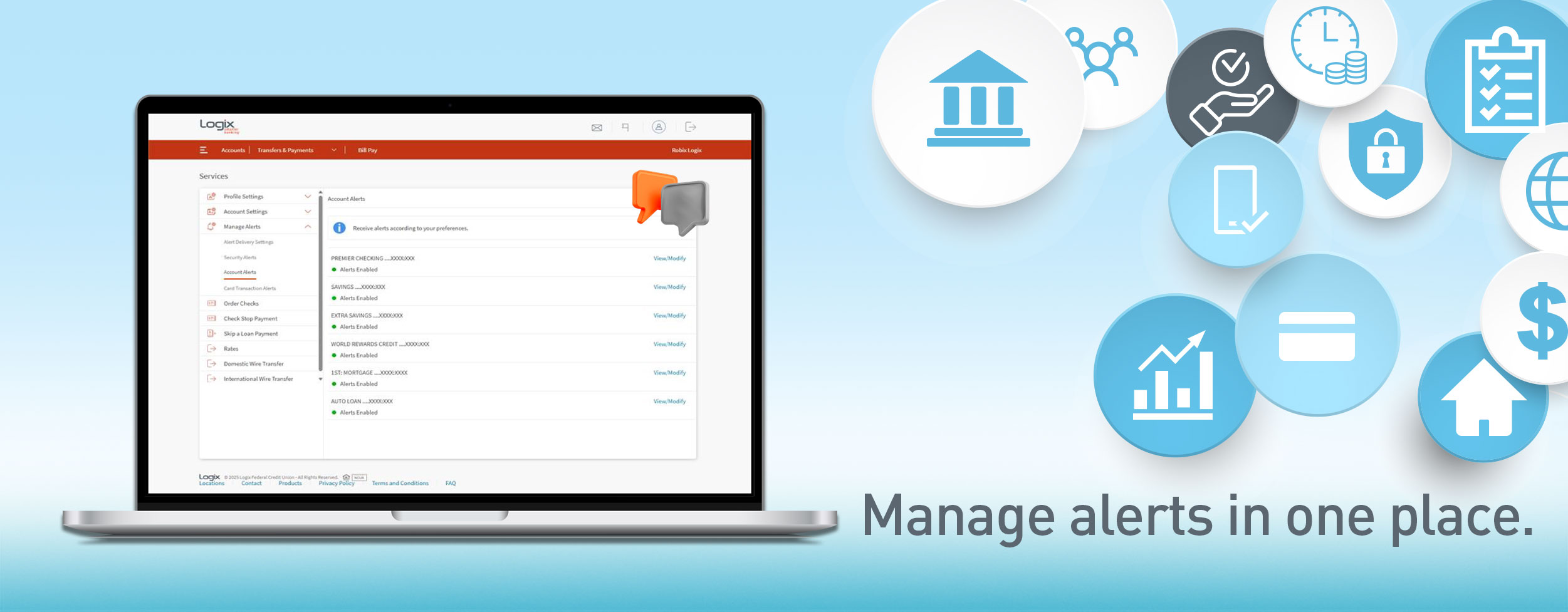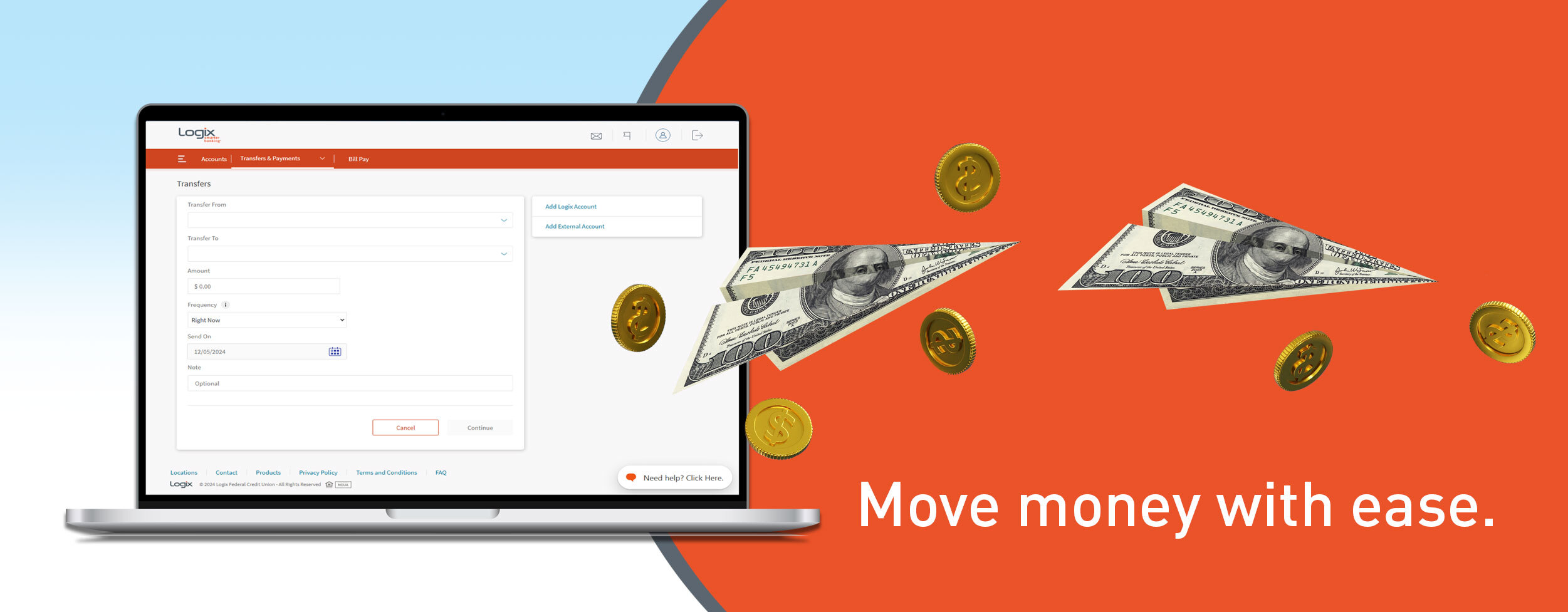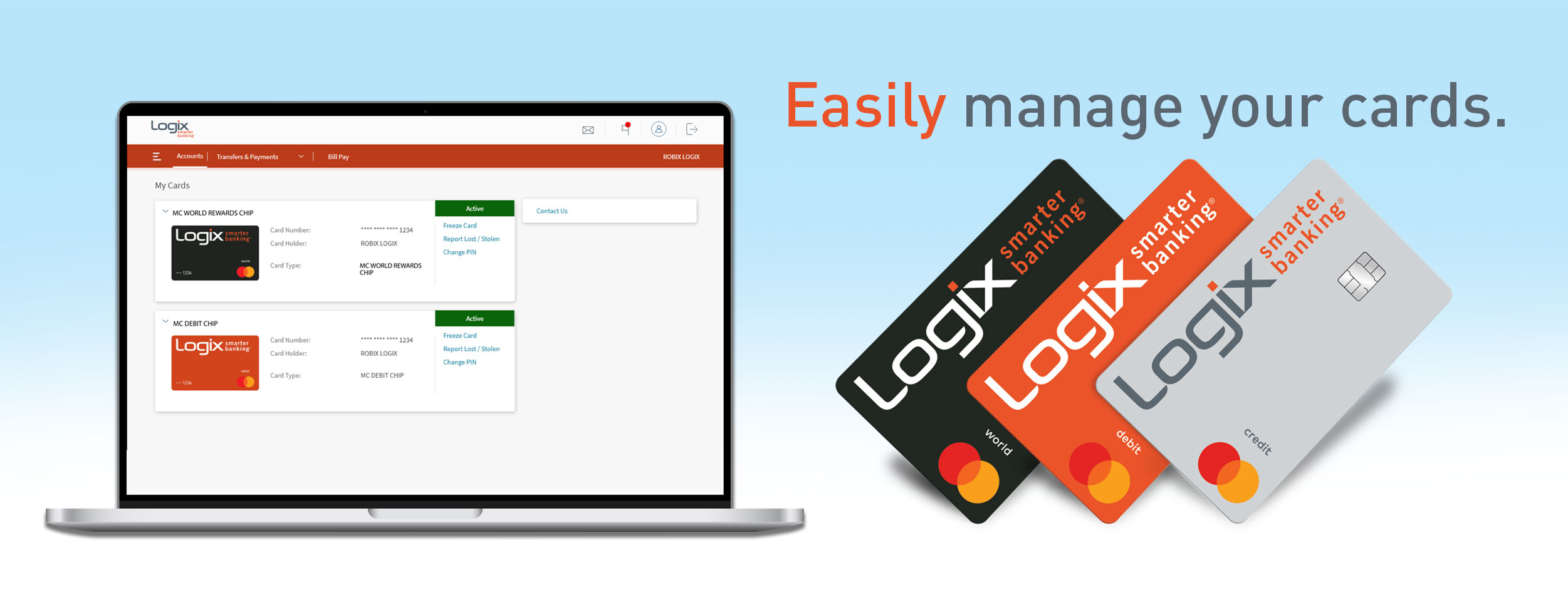For some reason, some people seem to love bartering.
There is a pleasant simplicity to it, I suppose. “I’ll trade you X for Y.” We keep “money” out of it and use an older method for getting what we want.
 In small instances, especially for non-professional activities, it’s probably fine. “I’ll cook if you do the dishes” is a common form of bartering in many couples that works out mostly OK. “I’ll mow your lawn while you’re on vacation if you mow mine while I’m on vacation” is a trade between neighbors that doesn’t lead to sore feelings. But in most of those scenarios, the participants aren’t professional lawn mowers or chefs, and the small scale is such that you don’t end up with many hurt feelings if there is a perceived mismatch in labor.
In small instances, especially for non-professional activities, it’s probably fine. “I’ll cook if you do the dishes” is a common form of bartering in many couples that works out mostly OK. “I’ll mow your lawn while you’re on vacation if you mow mine while I’m on vacation” is a trade between neighbors that doesn’t lead to sore feelings. But in most of those scenarios, the participants aren’t professional lawn mowers or chefs, and the small scale is such that you don’t end up with many hurt feelings if there is a perceived mismatch in labor.
Where problems tend to arise is when the bartering is for professional services, especially with creative and small business types, but people keep trying it anyway. “I’ll design your website if you photograph my wedding” or “I’ll paint your house if you do my taxes.”
The reason these tend to be problematic is they lack one of the essential elements of money and a marketplace: coming to accept the value of your labor. When I go out into the world and attempt to trade my skills, resources, talents and labor for money, I’m forced to accept what the marketplace will pay for it. If I try to get $200/hr. for my guitar lessons, and nobody bites, it doesn’t tend to feel personal. I lower my price until I start getting buyers, and the market has set my rate. If my client is paying me too little, it’s my job to move on to more lucrative fields. I can’t hold it against the person paying too little. After all, I can just say no, and by setting a price on what I offer, I’m forced to consciously make myself OK with that price.
This process, of reconciling with the value of what you have on offer, is a vital internal one for freelancers and small business owners to go through. It can sometimes be shocking to discover how little, or hopefully how much, the market will pay for your services.
When you barter, this step is removed. For some reason, people end up trading things that are far out of alignment with what they would agree to if they were being paid. Even if you would only pay $250 to get your taxes done, but you charge $1k/day for house painting, with bartering it’s possible you might make that agreement, since bartering doesn’t force you to really think about the pricing before you make the deal.
Of course, you will think about the pricing after you make the deal. While you are standing out there in the sun painting a house, you’ll be very aware that you normally get more in cash for your work than you are currently getting in trade, likely leading to sweaty, grumpy resentment. You’ll walk away from the transaction feeling slighted, and the accountant you traded with might never know why. “Normal” feedback from the client (“you missed a spot over there,”) will be met with a frustrated “I’ve already done enough on this one,” type response. In the long run it might not work out with the accountant either, since he might lose on a potentially valuable year after year customer because the barter left a sour taste in your mouth.
Even if the arrangement is an objectively even trade, humans have a tendency to over-estimate their own contribution, leading to possible bad feelings as you work hard and imagine that the other end of the barter isn’t contributing as much. Let’s say you only charge $250 a day to paint a house and the taxes are worth $250 to you: you’re still going to be out there in the sun, picturing the accountant sitting in an air conditioned office doing your taxes. You imagine you are getting the short end of the stick.
When you pay for it, you don’t hold it against the person; you get annoyed at the barter. If you don’t like only getting $250 a day to work in the sun, you go looking for another job. If you don’t want to pay $250 for the taxes, you do them yourself. But you don’t hold the rate against the person who is paying or charging it, generally. Money allows for these transactions to happen, by assigning value.
If you absolutely want to barter, a better move is to agree on a price and exchange checks. This will keep you current with the IRS (bartered income is still considered income and you should declare its value). If you both agree on a $750 value for the services being offered, write each other $750 checks. This will force you to really reckon with the value of what you are getting versus what you are paying. It’ll make you think about the deal in detail before you agree to do the work. And it’ll make it more likely both sides of the deal will walk away happy with what they received and able to continue working together into the future.


%20(952%20x%20317%20px)-2.png)








